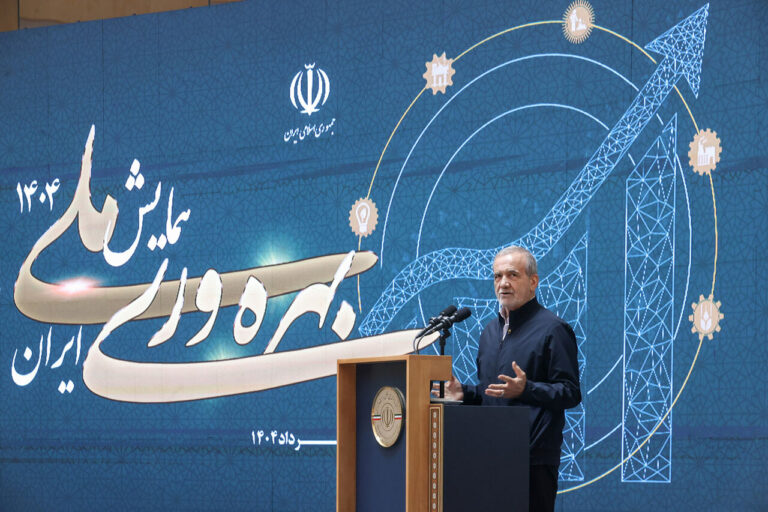
Similar Posts
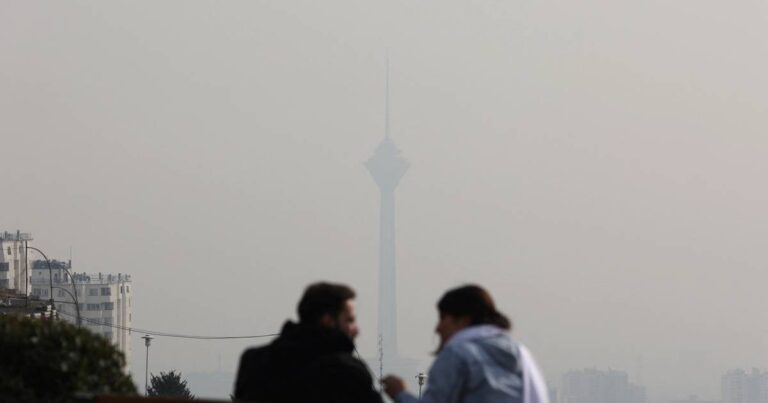
Iran’s Rare Diseases Chief Links High Prevalence to Familial Marriages: A Growing Health Concern
The prevalence of rare diseases in Iran is a significant concern, largely attributed to consanguineous marriages, according to Hamid Reza Adraki, CEO of the Iranian Rare Diseases Foundation. He emphasizes the urgent need for enhanced genetic counseling and public health initiatives to address this issue. Consanguineous marriages increase the risk of autosomal recessive diseases and fetal loss. Adraki advocates for assessing family histories, educating couples about genetic risks, and providing guidance on reproductive options. Raising awareness about the health implications of familial marriages can help shift cultural perceptions and reduce their incidence, ultimately leading to healthier families in Iran.
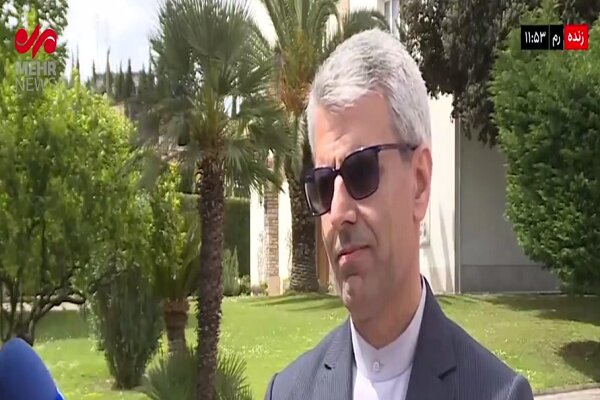
FM Spokesperson Reveals Exact Timing for Crucial Iran-US Talks
Today at 12:00 PM, Iran and the United States will begin crucial negotiations in Muscat, focusing on Iran’s peaceful nuclear energy program and economic sanctions. The Iranian delegation, comprising technical experts, aims to protect national interests and secure the lifting of sanctions. Iranian Foreign Minister Abbas Araghchi criticized the US for its inconsistent statements but reaffirmed Iran’s commitment to its nuclear rights, which he insists are non-negotiable. The talks represent a pivotal moment in Iran-US relations, with both sides seeking a resolution that respects Iran’s rights while addressing international concerns. The outcome could significantly impact global diplomacy.
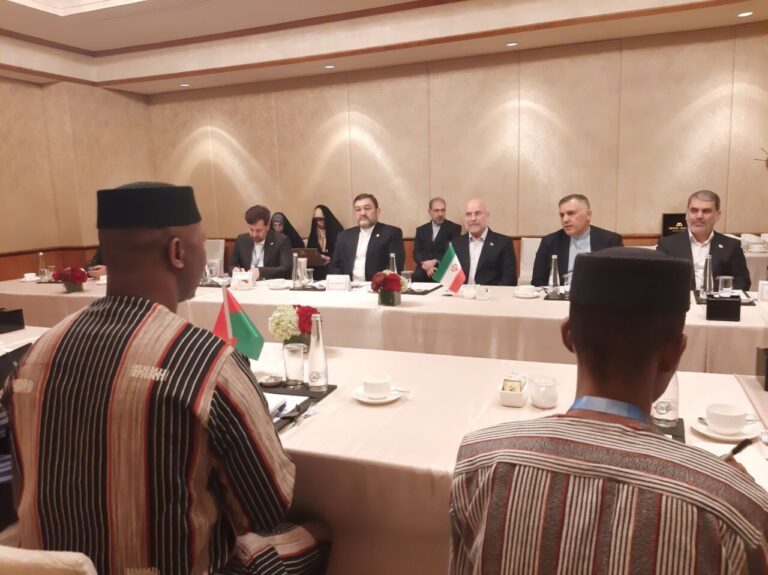
Parliament Speaker Connects with Muslim Leaders at PUIC Conference for Strategic Dialogue
During his visit to Jakarta for the 19th Parliamentary Union of the OIC Member States (PUIC) conference, Iranian Parliament Speaker Mohammad-Baqer Qalibaf engaged in discussions with various international leaders. He met with Ousmane Bougouma from Burkina Faso to enhance economic ties, Ibrahim Boughali from Algeria to address the Gaza situation and encourage unity among Muslim countries, Puan Maharani from Indonesia to explore collaboration, and Johari bin Abdul from Malaysia to strengthen bilateral relations. These meetings reflect Iran’s commitment to fostering cooperation and addressing pressing issues within the Muslim community.
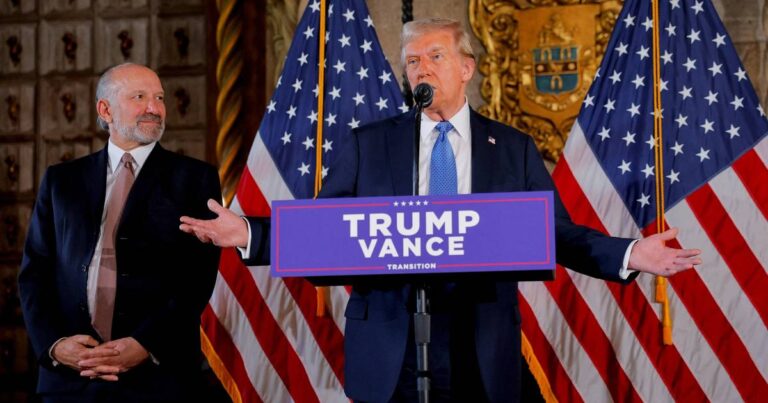
Trump Remains Silent on Potential Preemptive Strikes Against Iran’s Nuclear Facilities
During his first press conference since winning the election, President-elect Donald Trump provided ambiguous responses regarding a potential preemptive strike on Iran’s nuclear facilities amidst rising tensions. When questioned, he emphasized the sensitive nature of military discussions, stating, “I can’t tell you that,” and refrained from endorsing Israeli airstrikes. Reports suggest Trump’s transition team is reviewing military options, particularly in light of Iran’s enriched uranium capabilities. Trump confirmed discussions with Israeli Prime Minister Netanyahu, highlighting U.S.-Israeli collaboration in regional security. As he prepares to take office, the implications of his foreign policy on Iran will be closely scrutinized.
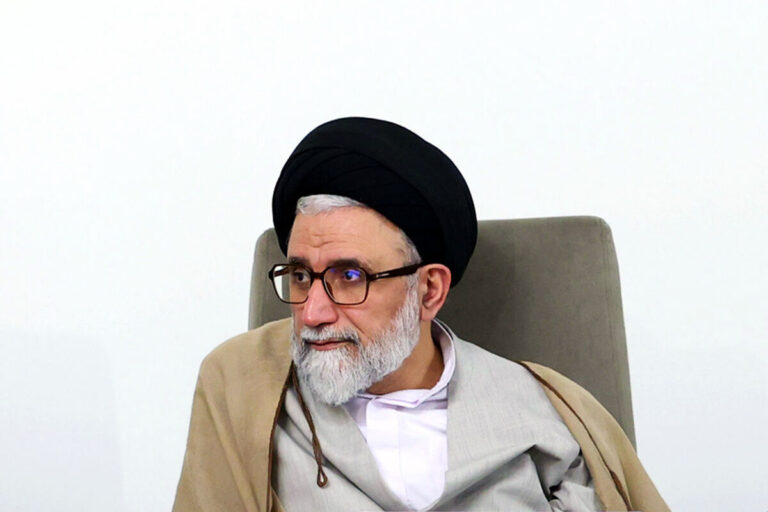
Intelligence Minister: Non-Native Elements Fueling Insecurity in Sistan-and-Baluchestan
Iran’s Intelligence Minister Esma’eel Khatib recently asserted that adversaries are attempting to create insecurity in Sistan-and-Baluchestan Province through non-native agents. During his visit, he emphasized the historical attempts by enemies of the Islamic Republic to incite chaos in the region and warned against external influences causing discord. He praised local efforts to maintain security, urging vigilance against conspiracies. The province, significant due to its borders with Afghanistan and Pakistan, is currently facing security challenges, including a sound bomb explosion in Chabahar and the IRGC’s neutralization of two alleged Jaish al-Adl terrorists plotting attacks.
